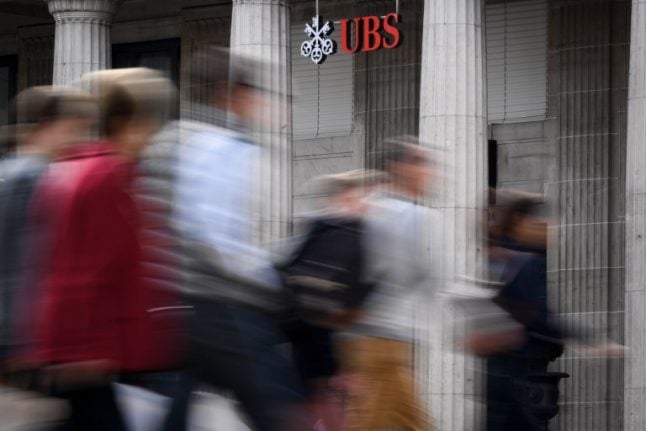"Over centuries trusts have been used as efficient and flexible instruments, as valid solutions for both personal as well as commercial issues," the Swiss Association of Trust Companies said in a statement issued on Tuesday.
One of its goals is to "safeguard the integrity of the sector in Switzerland", the association said.
"Trusts and companies are predominantly used in perfectly appropriate and compliant ways by people with legitimate intentions, but obviously also can be misused by people with dishonest objectives," the association said.
"The tax treatment of assets held through a trust is often wrongly considered to be a central reason for the creation of a trust, though in reality it is more a consequence to be examined on a case by case basis
depending on the respective residence of the settlor/beneficiaries," it added.
Trusts, rooted in English common law, are entities which enable the separation of an owner of assets from a beneficiary via the intermediary of an administrator.
Critics have long claimed that such a system smooths the way for tax-dodgers, swindlers and others involved in shady financial dealings to hide their money.
Over recent days, prominent newspapers around the world have published copies of the data received from the Washington-based International Consortium of Investigative Journalists, spotlighting names on the globe's rich list.
The consortium obtained on a hard drive 2.5 million records of more than 120,000 companies and trusts set up by two offshore companies operating in the British Virgin Islands and in Asia and the South Pacific after investigating a fraud and offshore haven case in Australia.
Swiss banks and financial companies were implicated in the leaked data for aiding investors to evade paying taxes.


 Please whitelist us to continue reading.
Please whitelist us to continue reading.
Member comments